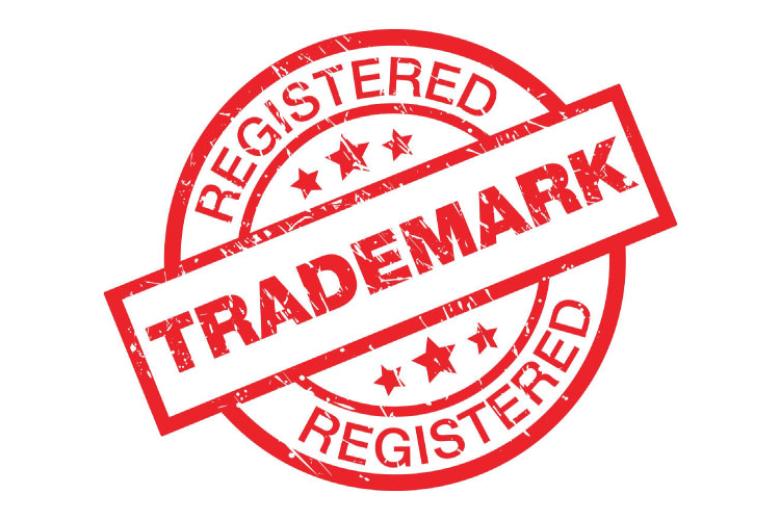A trademark monopoly on generic words? - The MYHUNTBOOK case
An EUIPO Board of Appeal agreed with Facebook that the figurative mark MYHUNTBOOK would take unfair advantage of Facebook’s reputation. This was, primarily, due to the inclusion of “book” in the mark. Is such protection not too far-reaching?
What is the case about?
An application was filed with the EUIPO for a European Union Trade Mark (“EUTM”) on the figurative mark “MYHUNTBOOK” for social media services. Facebook contested the registration of this mark on the basis of its substantial reputation as a social media corporation. Facebook argued that as a consequence of this reputation, similar marks (containing the word “book”) for identical services – social media – would inevitably result in freeriding on Facebook’s reputation. The Opposition Division of the EUIPO accepted the opposition.
MYHUNTBOOK brings to mind Facebook
The applicant filed an appeal with the Board of Appeal to have the opposition nullified, allowing the mark “MYHUNTBOOK” to be registered. It argued, among others, that the specifics of the services differ in that the opposed mark covers a social media service which is largely intended to replace the classic hunting book and to allow hunters to meet like-minded people. Facebook is a non-niche social media platform; it has no such specific purpose. It caters to the general public, not one specific subset thereof. Furthermore, the only similarity between the two marks, it was submitted by the applicant, is the word “book”.
The opponent, for his part, submitted that Facebook does have hunter-focused subpages; some with millions of users. Further, it argued that the contested sign is simplistic and thus even a small similarity, considering the immense reputation of Facebook, is enough to evoke similarity.
The Board of Appeal decided in favour of Facebook. It considered that through the use of the contested mark, “the earlier mark will immediately be brought to mind.” It was regarded that although the signs only coincide in their use of the word “book” and otherwise differ textually and graphically, in relation to social media, the element “book” is “not weak” and sufficiently distinctive. The target public, hence, will associate it with Facebook.
The Board concluded that “it can be safely expected” that the applicant will benefit from the public making an immediate connection between the two marks. Given the risk of unfair advantage being taken of the reputation of Facebook, the opposition to the registration of “MYHUNTBOOK” as an EUTM was successful.
Commentary
While it would be a foolish endeavour to challenge the reputation of Facebook, the decision of the Board of Appeal should raise some eyebrows. In essence, due to the fact that Facebook is an established social media corporation, it seems to have a virtual monopoly on the word “book” as relates to trade marks for identical or similar services. Is this protection not too far-reaching, in the absence of any other indication that the public may be misled? Is a “low degree” of similarity, as a result of which Facebook might cross consumers’ mind, worthy of monopolistic protection? If so, one can expect Apple (iPhone) monopoly on the word “phone” to give but one example.
Furthermore, one may consider that public interests should perhaps trump Facebook’s concern for its reputation. “Book” is a generic word. In fact, books are collections of information one can browse, much like social media services. Such terms should be free for all to use. It is a slippery slope to begin extending protection to generic words when they are part of composite trademarks.
Overall, it may well be justified by public policy considerations to not extend the scope of protection to generic words contained in a composite mark, even if it constitutes a dominant element. While this would be contrary to the Board’s decision, generic/descriptive words should not be subject to a monopolistic right. Extending the scope of protection so that use of a generic word can result in infringement may become an obstacle to legitimate trade. Market actors’ ability to freely name their productswould be undermined if they were not allowed to include generic words in their own marks or in the advertising of their products.
Future developments
Even more far-reaching is the attempt by Facebook to file for a trademark on the single word “book” in the EU. In the United States, Facebook succeeded in securing a (now dead) trademark on “face” and claims to possess, although it has not registered it, a trademark on “book”.
The “book” mark is currently pending opposition at the EUIPO. It would be surprising if a mark could be registered that consists of an exclusively generic term, considering the refusal ground under Article 7.1.d) in the EUTM Regulation. Nonetheless, it appears that the Examination Division lodged no objections against registration of the mark.
For now, MYHUNTBOOK can bid farewell to its aspiration to register an EUTM. One will have to see whether the Boards will follow suit in similar cases.
| Written by Péter Kollár (IPKM student 2020-2021) - More blogs on Law Blogs Maastricht |
-
Protection of reputable marks beyond confusion: does “due cause” help to strike a balance between trade mark proprietors and content creators?
Content creators, exercising their freedom of expression, may use trade marks in their content in a way that might damage the interests of trade mark proprietors (e.g. use of Nike shoes in a porn movie). How does EU trade mark law address these different interests?

-
Computer-Implemented Inventions: has the term “invention” in the EPC lost its meaning?
The European Patent Convention defines subject-matter that is not eligible for patent protection, such as methods for doing business. However, when implemented by a computer, non-eligible subject matter becomes eligible for patent protection. Is this desirable?

-
The ambigous nature of the amended European trademark functionality doctrine
EU trade mark law excludes certain signs from becoming registered trade marks. In particular, shapes cannot be registered if they are necessary for achieving a technical result. In 2015, the amended Regulation broadened this exclusion to ‘another characteristics'. But what is now covered exactly?
